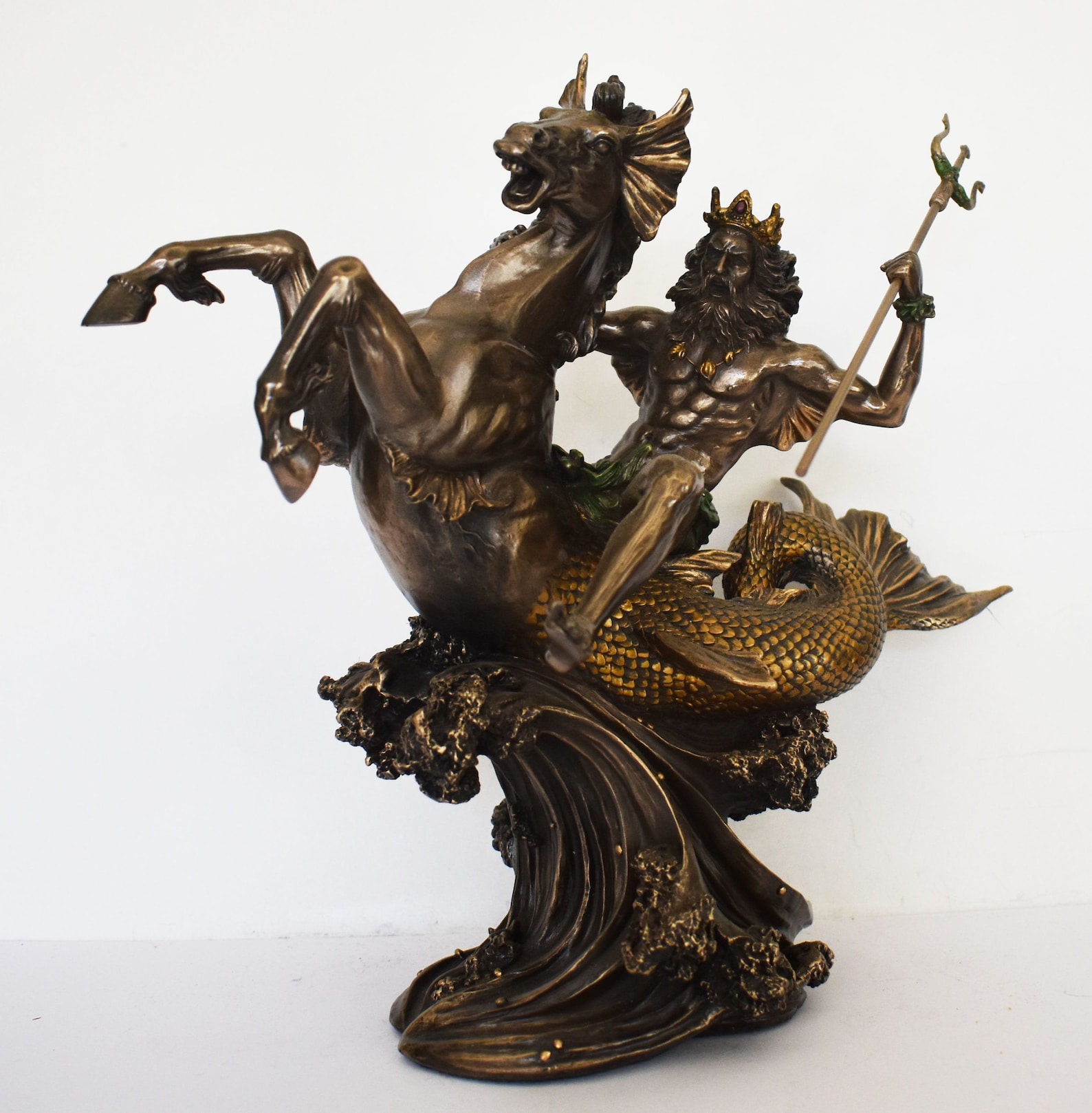Joseph’s Fate<br />
The story of Joseph in the Hebrew Bible, especially in Genesis 41:25–30, depicts how, through God’s help, Joseph ascended from being imprisoned to attaining power. Joseph explains Pharaoh’s dreams of having seven years of plenty and hunger to come, “… God has revealed to Pharaoh what he is about to do” (Genesis 41:25, ESV). https://www.biblegateway.com/passage/?search=Genesis+41&version=ESV&utm_source=chatgpt.com
With insight, Pharaoh can prepare Egypt for the oncoming famine giving Joseph the post of second in command at 30. Joseph’s life journey calls for the appreciation of faith, wisdom, and discipline while reproaching capriciousness and dishonest conduct. The story emphasizes the rational conviction of the guidance from divinity as authentic fathers’ leaders must possess.
Ethics and Integrity Lessons from The Life of Siavash
Disregarding Siavash of Shahnameh, Ferdowsi puts him in a position of self-virtue of morals grappling with ethics. Siavash as a character chooses to ward off Sudabeh affections known as his step-mum proving to be of austere moral high ground. He does not kill her. He is put in a trial where tested by fire comes out unscathed yet unproven right. Instead of being praised for his virtue, Siavash has to put up with wrong against him, so much that he must choose neither way, and send himself away from conflict. His tale critiques the fragile nature of moral goodness in his story within the framework of a self-serving political system and accentuates the strength of personal goodness in the absence of God. https://en.wikipedia.org/wiki/Siyâvash
Hippolytus:
Divine retribution and the character tragedy of Hippolytus is centered on the themes of chastity and honor and the retaliation of God. A devotee of Artemis, Hippolytus spurns Aphrodite and Phaedra, his stepmother, who makes not-so-discreet attempts at seducing him. Offended by such blasphemy, Aphrodite engineers the tragic event which results in Phaedra’s lying accusation Hippo- lytius’ death. The play deals with and reconciles the dilemma of free will as opposed to divine control. This tale is from ancient Greece as reflected in the Wiki link above.
Linguistic Perspectives
The words used and the translation of these texts have everything to do with how these ideas are interpreted. Through the lens of the King James Bible, the account of Joseph is told through a formal authoritative tone. This reinforces the subjugation of women under men, and the idea of wisdom in men, being favored by God.
Through an Orientalist perspective, Josephus depicts the earlier European account of the Shahnama’s Syavash as sans eye and imbued with innocence, while Rav Sudabeh was depicted as a flawed temptress. Unlike modern renditions like Dick Davis’s, which are more context-centered and nuanced, portraying the ethics instead of the ‘innocence/seduction’ dichotomy.
As time went on, people found ways to translate Hippolytus.
These different stories demonstrate the relationship between virtue, political consequences, and gender. Each tale, whether or not through some form of divine intervention or personal morals, encapsulates the culture and religion of the time. These stories are molded by the language and translation that evolve them through time.
Works Cited
The Holy Bible: English Standard Version. Crossway, 2001.
Davis, Dick, translator. Shahnameh: The Persian Book of Kings by Abolqasem Ferdowsi. Penguin Classics, 2006.
Euripides. Hippolytus. Translated by James Morwood, Oxford University Press, 2001.
“Joseph Interpreting Pharaoh’s Dreams.” Columbia Museum of Art, www.columbiamuseum.org/collection-highlights/joseph-interpreting-pharaohs-dream. Accessed 10 May 2025.
“Women in the Shahnameh: A Paragon of Strength.” Medium, sbehrouz.medium.com/women-in-the-shahnameh-a-paragon-of-strength-12634ab43da5. Accessed 10 May 2025.
“Phaedra and Hippolytus.” GreekMythology.com, www.greekmythology.com/Myths/The_Myths/Phaedra_and_Hippolytus/phaedra_and_hippolytus.html. Accessed 10 May 2025.
CC BY-NC-ND
